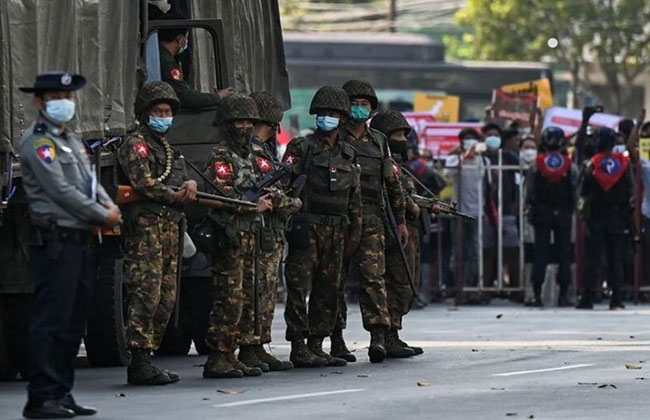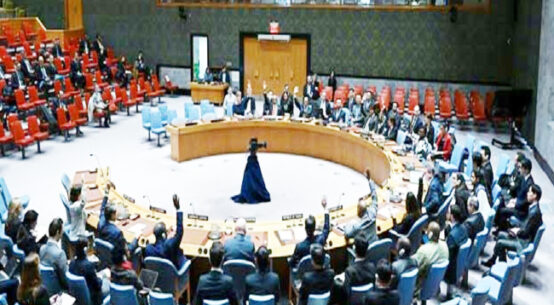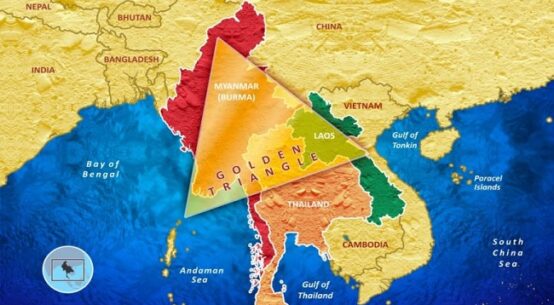
The guarded approval by the ASEAN of the Myanmar regime is a sign of current global real politics. It shows that the mono-domination of global politics by Western agenda, perhaps masked by its slogan of ‘democracy’ is reaching the limits of its sell by date as regions and even the UN are deciding what comes first and for their own good.
Many had speculated that Myanmar coup leader Senior General Min Aung Hlaing would be scolded by ASEAN leaders at the meeting in Jakarta (April 24). But while people didn’t celebrate the takeover, no one was told off really and asked to leave.
Indonesia, Malaysia, Singapore and the Philippines leaders had condemned the violence that began after the February 1 coup with over 750 protestors killed. They also called for the release of all political prisoners- over 4,000 now – including Aung San Suu Kyi.
But when the Myanmar leader left the April 24 meeting, it wasn’t with a ‘do or go’ notice. Instead ASEAN and Myanmar agreed to implement a five-point plan for resolving Myanmar’s crisis. More indicative was that the Myanmar army was not the only one blamed for the violence but some was apportioned to the protestors too. This was a first.
“We tried not to accuse his [Min Aung Hlaing’s] side too much because we don’t care who’s causing it,” Malaysian Prime Minister Muhyiddin Yassin said. Meanwhile, Myanmar military’s official mouthpiece Global New Light of Myanmar said on April 25 that both side had decided to pay greater attention to the importance of close cooperation with ASEAN countries and the ASEAN Charter.
The “National Unity Government” (NUG), a coalition of elected parliamentarians, ethnic groups and other anti-military personalities of Myanmar, also welcomed the Jakarta summit pledges. NUG spokesperson Dr Sasa has said that he was “encouraged” by the ASEAN agreement.
Criticism of the ASEAN 5 points
Several West based HR groups have however criticized Dr. Sasa’s statement saying it may be read as an endorsement of the army takeover. Phil Robertson of Human Rights Watch said, “The lack of a clear timeline for action, and ASEAN’s well-known weakness in implementing the decisions and plans that it issues, are real concerns that no one should overlook.”
The five points are roughly the following: a. “all parties should exercise utmost restraint” and stop using violence. B. “constructive dialog among all parties concerned.” c. ASEAN shall appoint a special envoy to “facilitate the dialog process.” D. ASEAN shall provide humanitarian assistance. e. ASEAN’s “special envoy and delegation shall visit Myanmar to meet with all parties concerned.”
Few are therefore taking the 5 points too seriously as it’s so vague. Countries seen as closer to China will also not push too hard. Meanwhile, Myanmar social media has begun to criticize the ASEAN vigorously.
The Irrawaddy, a website run by Myanmar journalists, said that “if ASEAN is looking to demonstrate progress, it should go further by condemning the violence and calling for the release of political prisoners and an immediate halt to torture of detainees and other abuses…Myanmar’s implosion has only further exposed ASEAN as the pathetic and irrelevant institution it is.”
The world and Myanmar
Myanmar military has already begun to gain advantage die to its ‘drug” trade positioning as it had done before and has already met with UN officials. What happens in Myanmar is an issue but the global drug crisis is a bigger one than a military take over. And the junta knows that. So it’s working on that front despite various embargos and bans. UNODC claimed that “drug lords entwined with rebel groups in Myanmar’s ungovernable border zone…the notorious Golden Triangle” are taking advantage of the situation by “pumping record amounts of methamphetamines across Southeast Asia.”
What began in Myanmar as a “great struggle for democracy” and was ardently supported by the Western bloc has now begun to stumble as regional and even international interests begin to collide with the anti-regime movement. In a country which has never had a tradition in politics but drugs and violence has drawn many players and the West has not been able to play its cards well either.
One of the most significant examples was India which has chosen to stand by the military takeover regime in the hope of gaining space in its contest with China. And China has the deepest roots there. Thus , India is with the most “undemocratic” regime as described by the same West whose ally it is. National interest will always reign supreme.
China is of course doing the same and so are others as expected. That the West is also doing the same is also understood by the rest of the world and that is why after the first rush of blood, common sense is pouring in and that means learning to live with the regime. It’s not very unusual or difficult as the world has learnt to do so for long.
Hope therefore for the protestors and their vision of Myanmar is fading as expected. It’s no longer anyone else’s fight except their own now.
(This article draws facts from the article “Myanmar plays ASEAN as step to global legitimacy: Bertill Lintner. Asia Times)
Afsan Chowdhury is a journalist, columnist and liberation war researcher. He received Bangla Academy Award in 2018 for his contribution to the liberation war literature.


